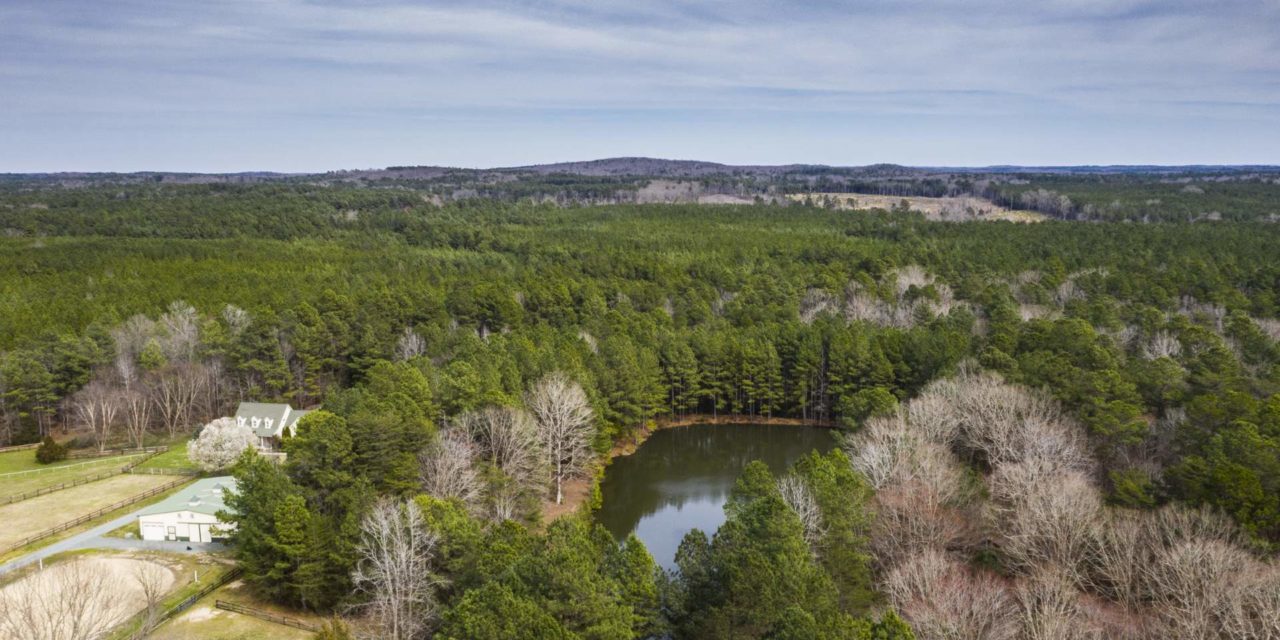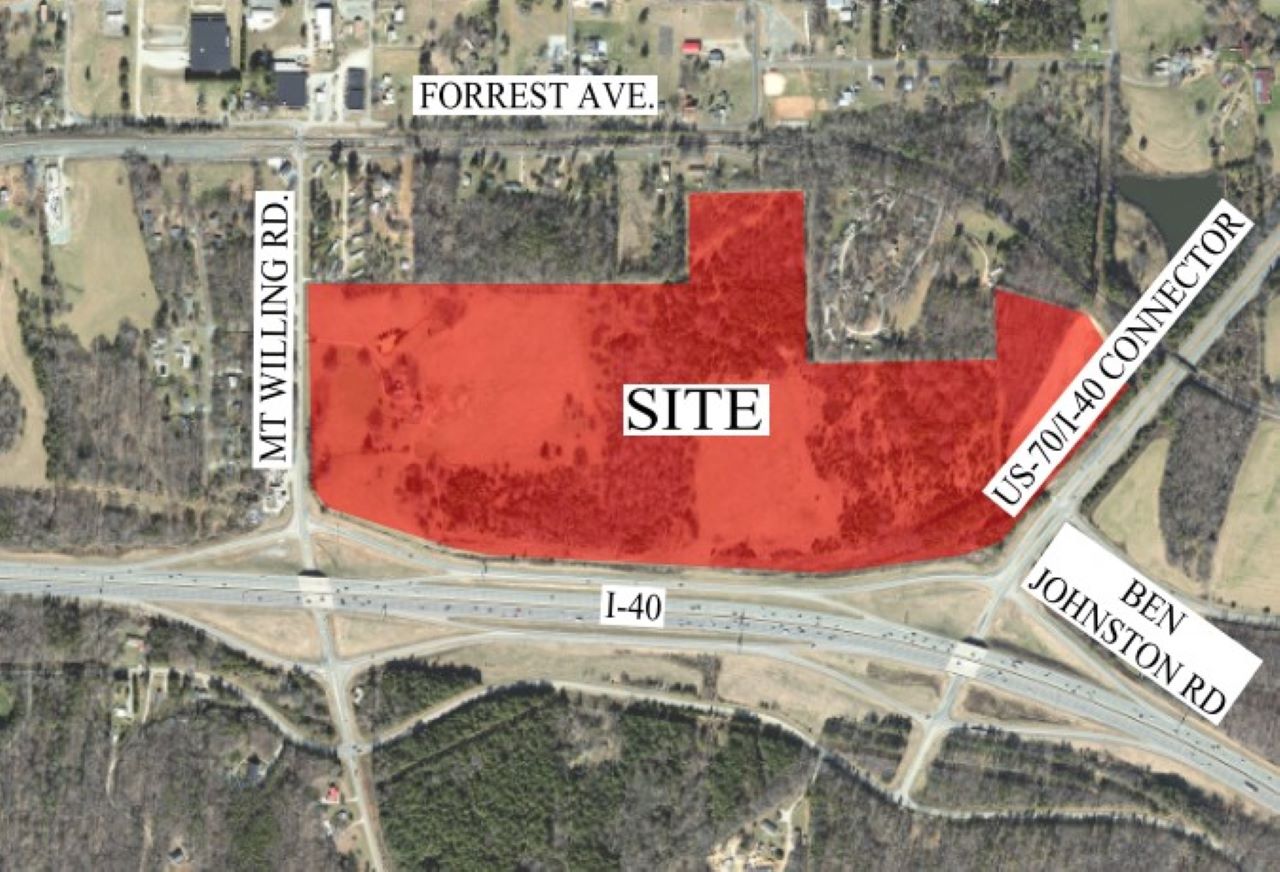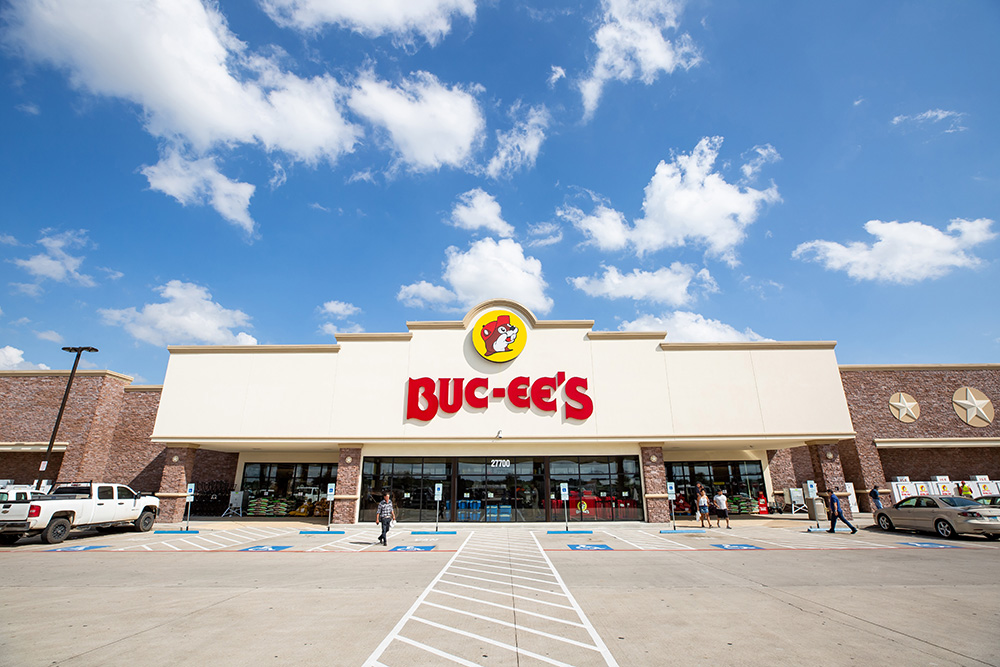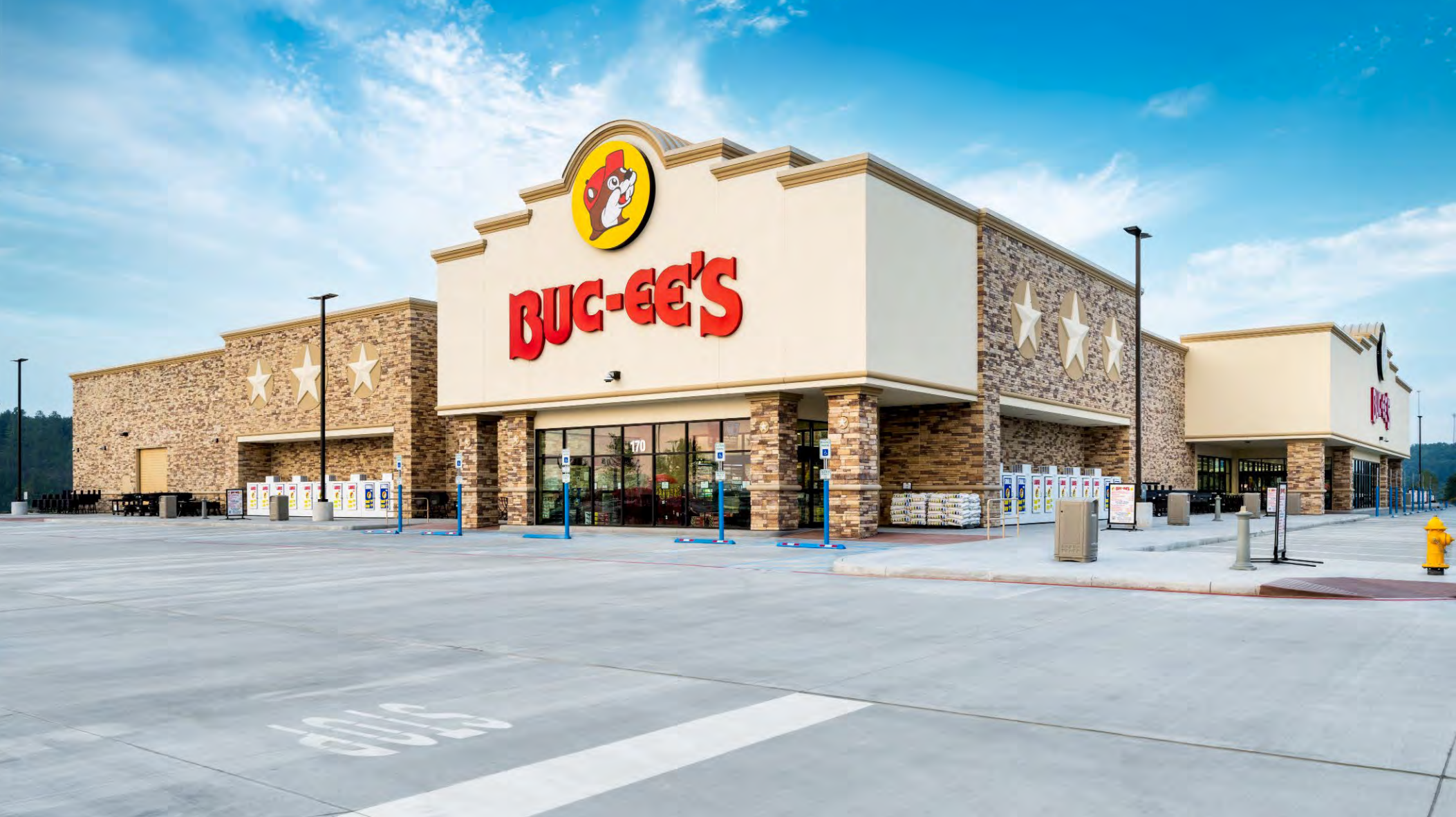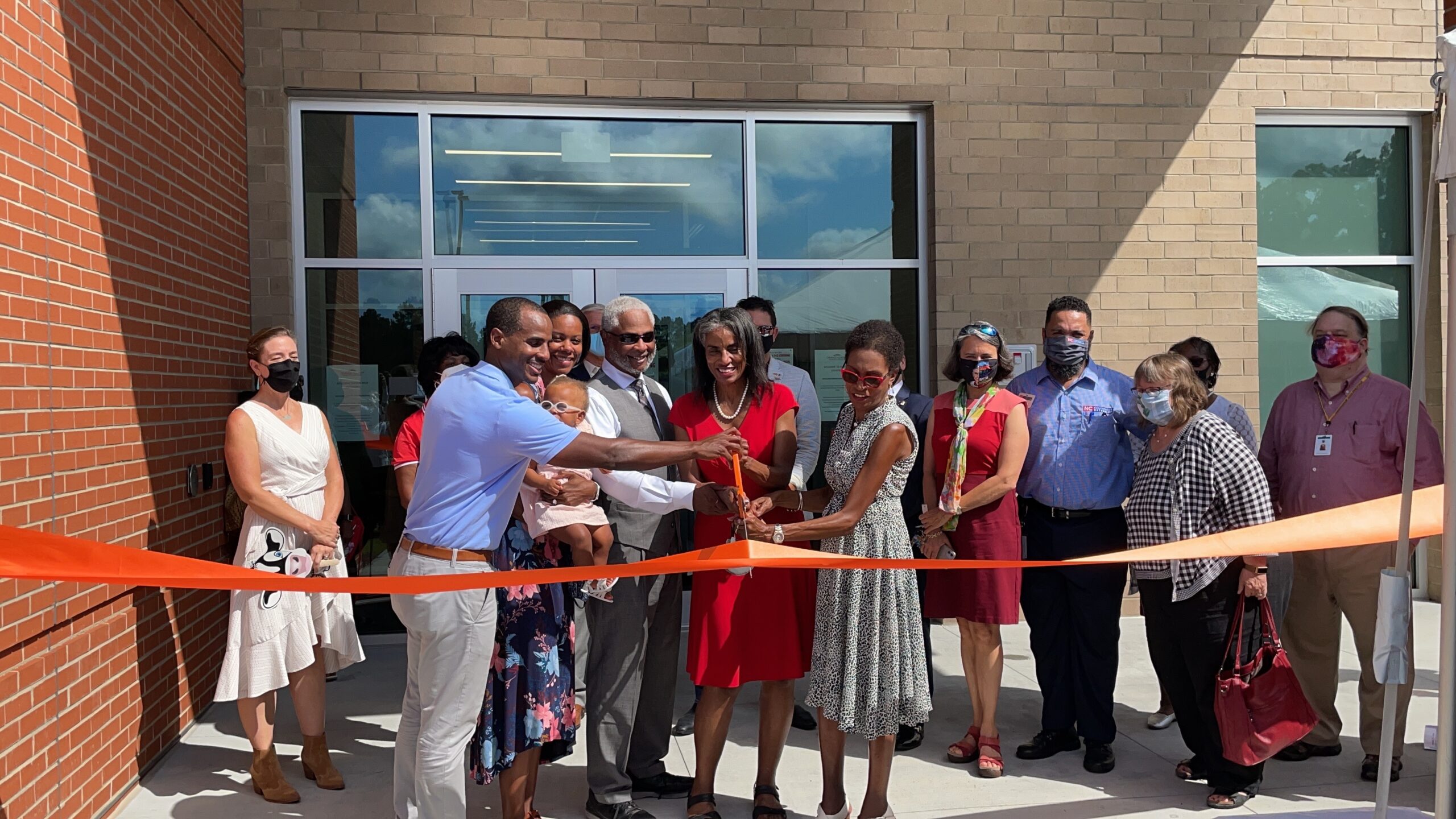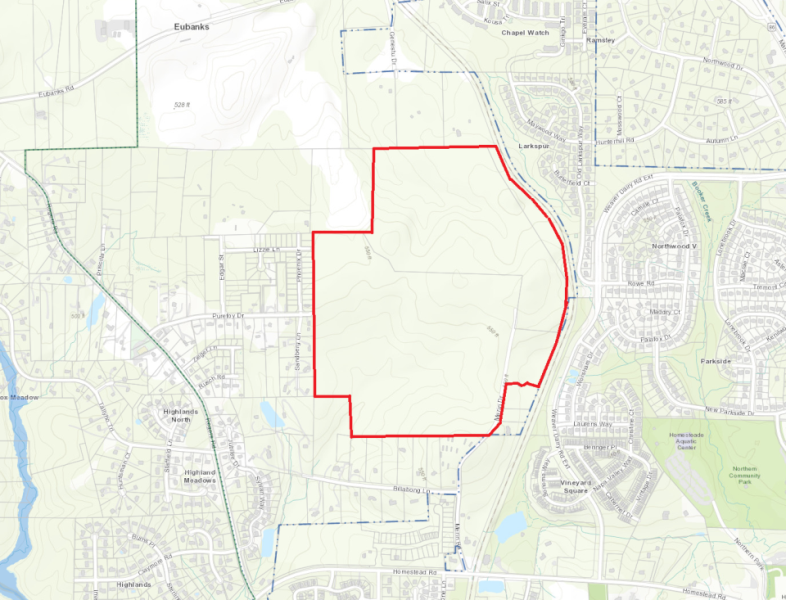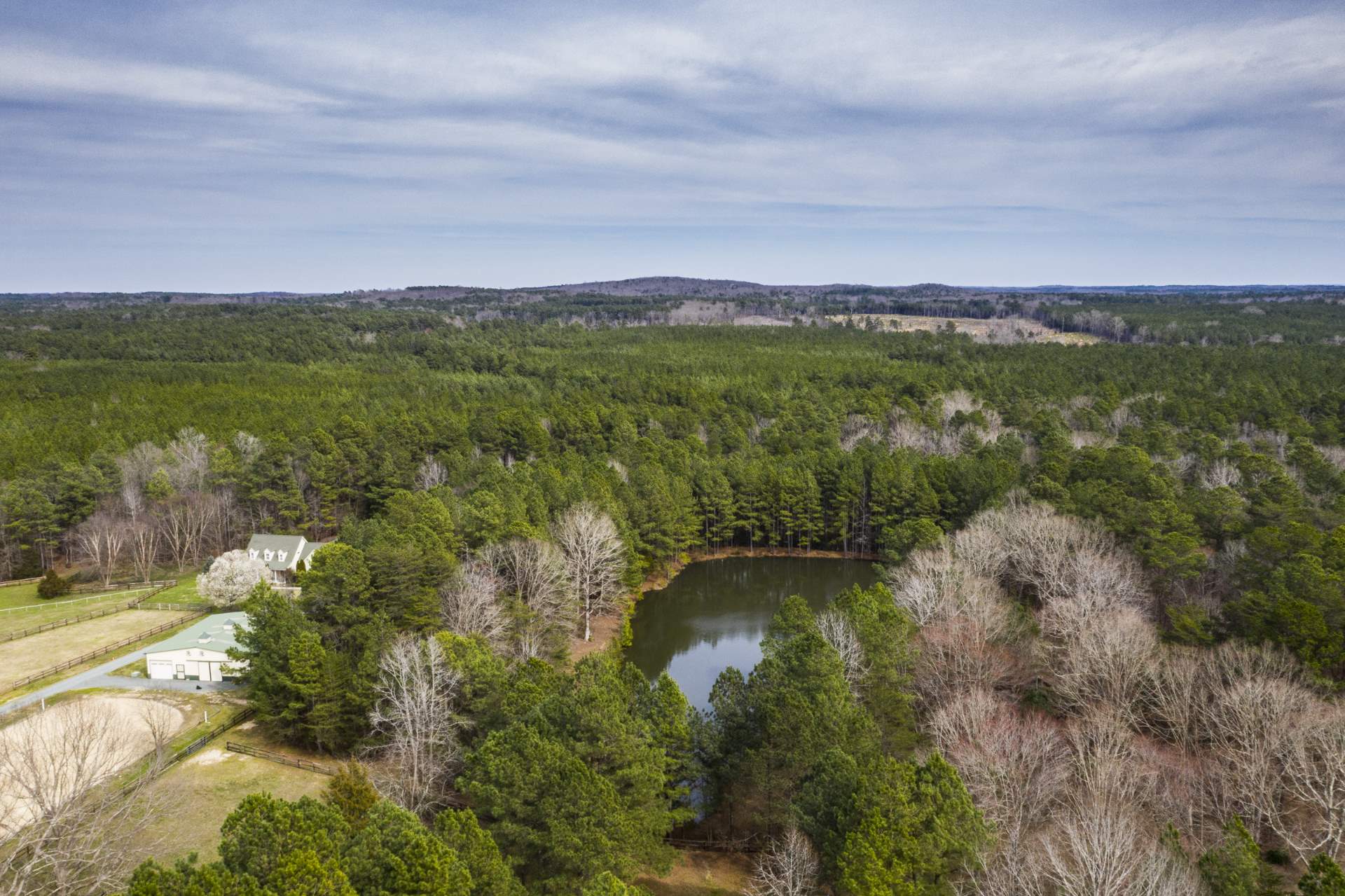One Chapel Hill resident is working towards building North Carolina’s very first net-zero energy neighborhood.
Jodi Bakst is the owner of Real Estate Experts in Chapel Hill. Since the start of 2019, she has been hard at work developing North Carolina’s first 100 percent net-zero energy residential community in Orange County.
Bakst is developing Array, a 12-lot neighborhood located on 60 acres of land off Orange Grove Road just minutes west of downtown Carrboro and Chapel Hill. Bakst said creating an energy-efficient neighborhood in Orange County is ideal and timely for several reasons.
“I think that the location of this property being in Orange County – you have a preponderance of people that really do care about the environment and care about living sustainably,” Bakst said. “Then from a timing perspective, with the way that things are going with respect to climate change, and how fast things are moving in a negative direction, this is the perfect time for the residential building industry to show people that it is possible to build a home with a significantly reduced carbon footprint.”
According to the U.S. Department of Energy, buildings consume 40 percent of the nation’s energy and 25 percent of the nation’s freshwater.
Bakst said Array’s net-zero energy homes will produce as much energy as they consume as well as meet aggressive targets for water conservation and indoor air quality. Each house will also be third party certified based on the National Green Building Standards.
“The houses that we’re talking about in Array, which are very achievable to build, are about 90 percent more efficient than a standard code-build house,” Bakst said. “What makes it net-zero energy is when you add in the solar.”
According to Array’s website, PV solar panels will be specifically sized for each energy-efficient home in the Array neighborhood. Array’s 12 lots are positioned with a north-south orientation to make maximum use of the sun and its natural energy.
In addition to solar panels, Bakst said these homes will also have continuous insulation to keep utility costs even lower. While initially more expensive to build, she said these homes are more economical in the long run.
“You do spend more money upfront but you’re spending less money to maintain your house,” Bakst said. “You have almost zero energy costs. With the net-zero energy model, there will be net metering. So each house will be tied to the grid with Duke Power, but the excess energy that you’re creating goes to the grid for storage and then for peak times for peak demand – when you need more energy – it [the energy] gets called back from the grid.”
Bakst said Duke Power will charge $14 dollars a month for each house to be connected to the grid, and that will be the sole utility cost. Other standard utilities like water and sewer will come at no additional cost as a well and septic system will be built into the neighborhood.
While net-zero energy houses are being built sporadically, Bakst said the Array neighborhood will be one of the first of its kind in the whole country. Right now, she has one of the twelve Array lots reserved. Bakst said she hopes to get the storm water and erosion control permits approved by January – the next step into making her net-zero energy neighborhood a reality.
For more details about the Array neighborhood, click here.
Lead photo via Array Sustainable Living.
Chapelboro.com does not charge subscription fees. You can support local journalism and our mission to serve the community. Contribute today – every single dollar matters.

